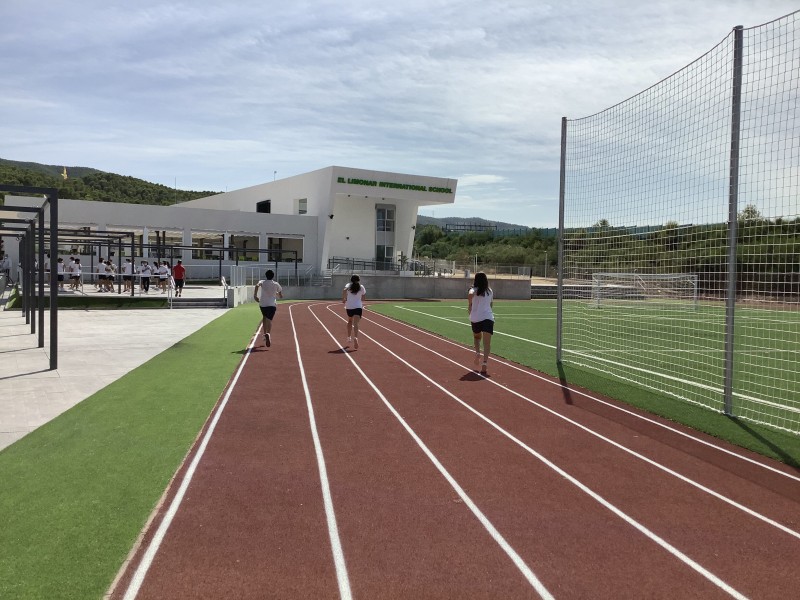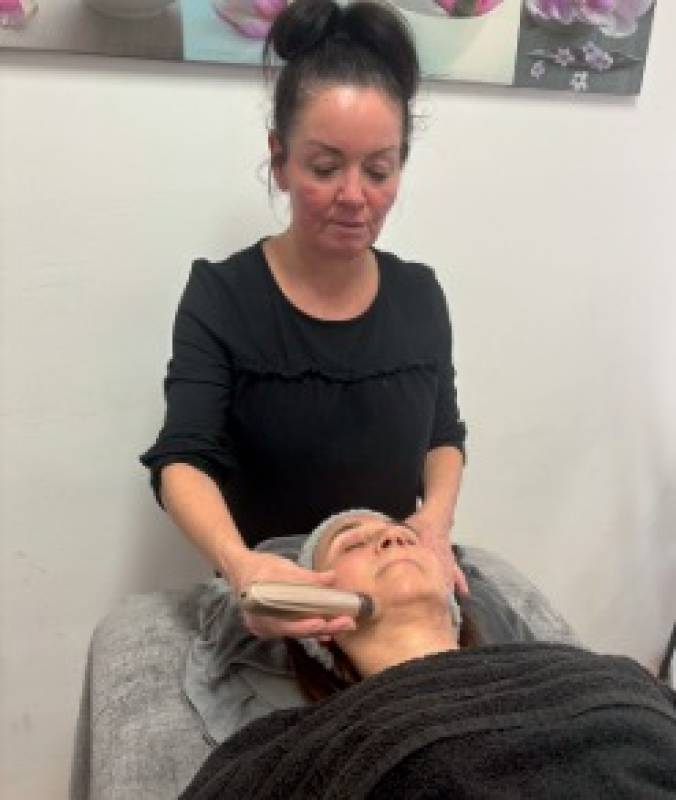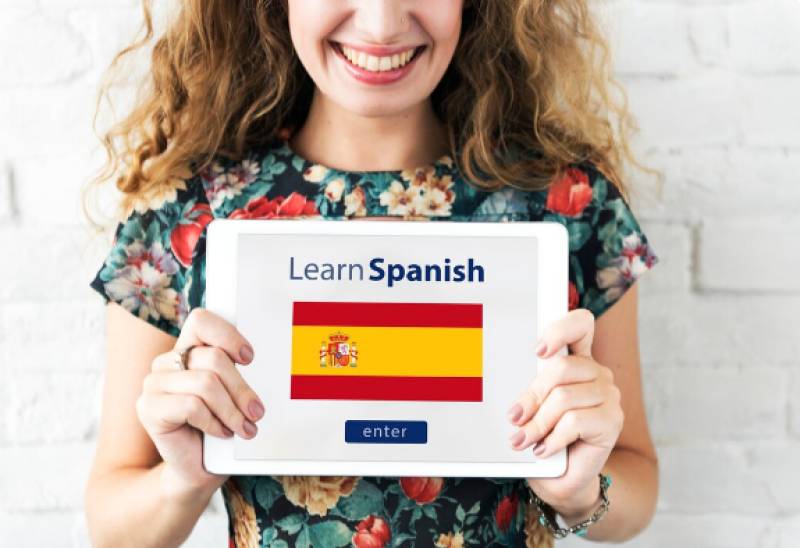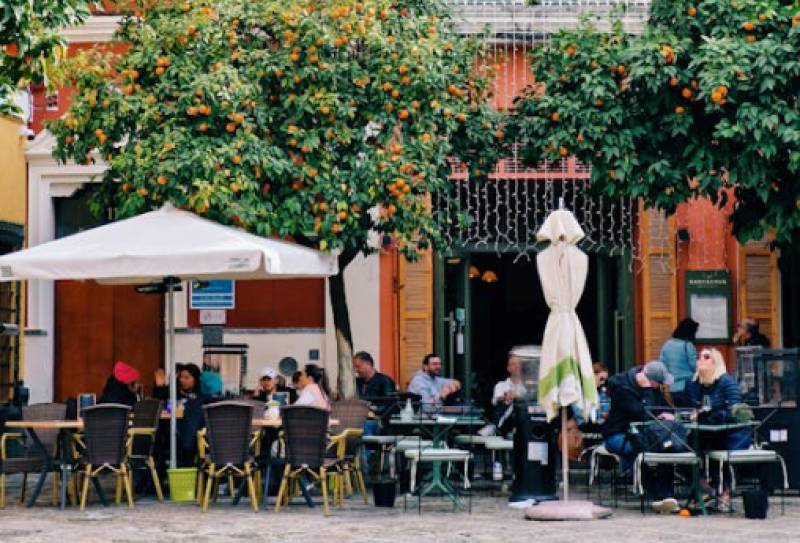

- EDITIONS:
 Spanish News Today
Spanish News Today
 Murcia Today
Murcia Today
 Alicante Today
Alicante Today
Murcia school focuses on students’ wellbeing for improved development during the pandemic
ELIS Murcia highlights the importance of personalised educational attention to minimise learning gaps caused by the loss of social interaction and on-site learning during the lockdown.
 The school offers guidance and training to parents, teaching and non-teaching staff to better understand the needs of children and young people.
The school offers guidance and training to parents, teaching and non-teaching staff to better understand the needs of children and young people.
Since its inception in mid-March last year, with the decree of on-site learning closure for more than a term, the Covid-19 pandemic has brought about an important change in schools. This is a situation that continues, despite the return to classrooms, due to the multiple changes experienced both in and out of the school environment. Children and young people are especially sensitive to these changes.
In this context, some schools have opted to increase the attention that was already paid to the emotional wellbeing of their students, reflecting on the strategies and protocols to ensure personal and intellectual development during a time marked by instability and changes in habits.
Stefania Pimblett, ELIS Murcia Learning Support Coordinator, describes the school’s commitment to provide a nurturing environment, according to her, “supporting emotional wellbeing has always been one of the priorities for our school. We want to ensure that our students benefit from the best educational opportunities and develop their confidence to reach their full potential. For this reason, in addition to general care and protection, this current academic year we have put the accent on physical and emotional wellbeing”.
During this pandemic, staying connected and in constant dialogue with students and their parents has proven to be very positive, and has helped both parties feel supported by the school. She continues, “Progress monitoring, flexibility, connectivity and the provision of support have been key elements that have helped our team to build a solid bond with the parental community. We believe that this communication is one of the strengths that has allowed us to work to support our students during these difficult circumstances”.
A task for everyone
To achieve this, ELIS Murcia has developed a plan that encompasses not only the Educational Inclusion Department, but all the teaching and non-teaching departments of the school, as well as the parents themselves. In this way, the emphasis is placed on recognising the importance of the wellbeing of parents and carers by providing information, guidance and support both through a newsletter for parents and specific actions such as virtual workshops and personalised meetings.
In addition, ongoing training is provided to teaching and non-teaching staff to better understand the emotional needs of children and young people in the current environment, providing them with strategies to manage difficult situations. All this while continuing to incorporate socio-emotional learning into the curriculum, focusing on the development of emotional and physical wellbeing, both through the subject of PSHE (Personal, Social and Health Education), Physical Education, mentoring sessions and assemblies, as well as through school events such as Global Be Well Day, where the whole day is focused on fostering physical and mental wellbeing and promoting its care throughout the school year.
The importance of relationships and technology
The fast evolution of digital technologies poses challenges that previous generations of parents, carers and teachers have never faced. The shape and nature of these challenges seem to change almost every week, and the COVID-19 pandemic has caused children to spend more time online.
According to María José García, Educational Psychologist at ELIS Murcia, “until recently, it was enough to advise parents to keep the family computer in a part of the house with a lot of traffic, where the children's activities could be easily controlled. This advice is now out of date, as many Primary students and most Secondary students go to bed at night with an internet-enabled device in their bedroom.
WhatsApp's terms of service establish that the minimum age of use is 16, however, Primary school students across the country are using it as a tool to communicate with their peers during the afternoons and weekends. All social media services have recommended ages for a reason and their use before those ages should be discouraged. The risks on the internet for children are many, varied and constantly evolving. Social media platforms that adults are most likely to be familiar with (especially Facebook and Twitter) are rapidly declining in use and popularity among children. Given the current circumstances, outside the school and family environment, young people are "condemned" to develop a large part of their social relationships through these and other new networks (Instagram, Snapchat, Tik-Tok ...). As María José explains, “for this reason at ELIS Murcia we consider it very important to offer information and training in these aspects to all our community of teachers, parents and students; and we take special care in this through newsletters, talks and workshops with the aim of all of us helping to keep our students safe on the internet. "
Personalised educational attention to minimize learning gaps is another key focus. Technology plays a key role in this regard, since it enables all students to benefit from being able to continue advancing with their curriculum both at home and at school, whatever their personal circumstances. In this context, ELIS Murcia has also taken the initiative with programs such as “one to one devices”, providing many students with laptops and tablets which are fully configured with the latest generation of educational software that they use both at home and in face-to-face lessons.
About Cognita
Launched in 2004, Cognita is an extraordinary family of diverse yet connected schools spanning nine countries. Cognita shares one common purpose: to create an inspiring world of education that builds self-belief and empowers individuals to succeed. With 78 schools in Europe, Latin America and Asia, Cognita employs over 7,500 teaching and support staff in the care and education of more than 50,000 students. Together, Cognita schools provide a uniquely global education that goes beyond grades to develop all-round academic excellence – equipping young people with the confidence and resourcefulness that prepares them to grow, thrive and find their success in a fast-changing world.
The Cognita group in Spain is made up of eight schools, considered to be amongst the best international schools in the country. The British School of Barcelona, Mirasur International School, Hastings School, The English Montessori School (TEMS) and Colegio Europeo de Madrid (CEM) in Madrid, El Limonar lnternational School Murcia, El Limonar lnternational School Villamartín in Alicante, and British School of Valencia (BSV) teach up to 3 different curriculums: the British, the Spanish and the International Baccalaureate (IB).
www.cognita.com














































